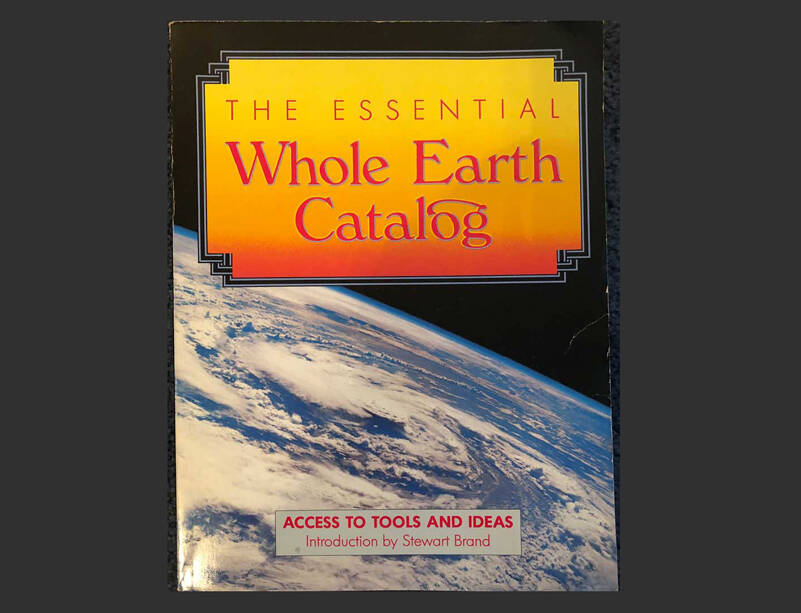By Morf Morford, Tacoma Daily Index
Whether we have or use or even hate Apple products, Steve Jobs (2/24/1955-10/5/2011) left his mark on all of us.
From iPods to tablets, to iTunes, smart phones and Pixar films, Steve Jobs and his uncompromising (for better, and sometimes, worse) vision for technology and humanity – and their uneasy relationship – have defined us, and our business, work and entertainment landscape, and will continue to do so for many years to come.
I never met Steve Jobs, but he and I were about the same age and travelled in similar philosophical circles. I was just a few hundred miles north of where he was.
I knew hackers (back when that was a good thing) in the mid-to-late 1970s. That was when those who were inclined would literally build their own systems and, like Jobs, would, in workshops, sheds, barns and garages, create mechanical and electronic marvels.
Many of my friends at the time would invent all kinds of sound and visual accoutrements that defied description – and, in most cases, made for great party accessories and conversation pieces, but made little, if any money – which, in most cases was intentional.
And many of us, as a first principle, believed, firmly, that everything – and everyone – was within reach, that true independence and freedom meant recognizing and valuing the often unacknowledged contribution of others in our lives.
Stay Hungry. Stay Foolish.
In June of 2005, Steve Jobs gave a graduation speech at Stanford University (he did not graduate from or even attend Stanford). You can see a video and transcript of his speech here.
The phrase “Stay Hungry. Stay Foolish.” came from the back cover of The Whole Earth Catalog – a compendium of tools and access considered essential for that – and probably every – era.
The assumption back then was “empowerment” though few used the word.
DIY, back then literally meant “Do It Yourself” – with as little intermediation, by machine, “expert” or government as possible. With, of course, the recognition that none of us comes into existence without the assistance (deliberate or not) of others; some intimately known, some strangers, and many never known. Steve Jobs knew that principle as a direct experience – not as an abstraction.
He was adopted. His birth parents were Middle-Eastern (Syrian) graduate students and his adoptive parents were white.
Steve knew dislocation, or at least never-fully-connecting as a core premise of his life. That gave him, among other things, a bit more perspective than most of us.
Users
Hackers back then believed that “information wants to be free” and that the ultimate “user” was an individual – not a corporation or agency.
Before the first Apple computer, the typical computer was huge, desk-bound and metal. And gray. And expensive.
Apple products may still be on the expensive side (but probably not when compared to how much computers cost before about 1980) but other than that, they bear little resemblance to what computers looked (and felt) like before Apple emerged.
Desktop computers used to be massive, boxy and ugly, in screwed-together metal cases. Apple, for better or worse, went with a plastic, molded (and sealed) case.
A computer – or any Apple device – in Steve Jobs’ vision should not be good, or even great – it had to be “insanely great”.
Most computer companies until 2007 made a decision to focus on either gaming or the corporate world. In other words, a focus on either young people playing or professionals at work. Steve Jobs made the typical Steve Jobs choice; all of the above.
Captain Crunch
In 1972, when Steve Jobs was not yet twenty years old, he met Steve Wozniak. Before building computers, they built and illegally sold ‘blue boxes’ that allowed long distance phone calls for free. That was a huge deal back then.
I had friends who had developed similar systems using a whistle to mimic the “tones” required to make long distance, even international calls. The only “tool” required was a child’s whistle that came as a prize in a Captain Crunch cereal box. That was probably a federal crime back then, but careers, if not entire industries, were built on that set of transferrable skills.
Make it
In many ways, Steve Jobs was the prototypical inventor/genius/entrepreneur who knew full well, that any success or fame he acquired rested firmly on the accomplishments and insights of others.
Freedom, creativity, success, and even, at some points, our literal survival, is dependent on the work, hands, legacy and lives of others.
Steve Jobs summed up this dilemma/ethic in an email he sent to himself about a year before he died.
I grow little of the food I eat, and of the little I do grow I did not breed or perfect the seeds.
I do not make any of my own clothing.
I speak a language I did not invent or refine.
I did not discover the mathematics I use.
I am protected by freedoms and laws I did not conceive of or legislate, and do not enforce or adjudicate.
I am moved by music I did not create myself.
When I needed medical attention, I was helpless to help myself survive.
I did not invent the transistor, the microprocessor, object oriented programming, or most of the technology I work with.
I love and admire my species, living and dead, and am totally dependent on them for my life and well being.
Some have described this as an “atheist manifesto” – and maybe it is. But I think of it as more like a prayer or even a hymn of acknowledgement to those unnamed, unknown people who, years ago, or even today, gave us, often unknowingly and unintentionally, the tools, skills and motivation to literally build our lives.
To see a detailed time line of the life of Steve Jobs, look here.
Steve Jobs was much more than a tech entrepreneur. He embraced and embodied a DIY attitude that was as much about organic gardening as it was about motherboards and memory chips.
He was not a “digital native” but he flourished in that system thanks to a fluid life philosophy that believed, above all, that work and technology should make human life larger, freer and more creative.
His combination of hands-on and “insanely great” vision re-made our world. He always seemed to have one foot in a world no one else could see. Yet.
To put it mildly, he wasn’t always easy to work with.
It might have taken most of us a couple decades to catch up with him, but we would almost all still be using big and clunky desktop computers and giant brick-sized phones if it wasn’t for people like him.
It was sort of like Google in paperback form, 35 years before Google came along: it was idealistic, and overflowing with neat tools and great notions. -Steve Jobs, describing The Whole Earth Catalog
To get a sense of how The Whole Earth Catalog (WEC) inspired and informed Steve Jobs, consider this excerpt from the title page of the first edition; “A realm of intimate, personal power is developing—power of the individual to conduct his own education, find his own inspiration, shape his own environment, and share his adventure with whoever is interested.”
In short, the reigning belief at the time was that work, technology and commerce were humanly created to liberate and fulfil each one of us. If you’d like to see the internet archive of The Whole Earth Catalog as Steve Jobs (and many others) saw it, you can look here.
The Whole Earth Catalog for the digital age
If you think The Whole Earth Catalog ended with the demise of the print edition, think again. You can see a continuing review of useful, if not astounding tools here – kk.org/cooltools/.
As the original Whole Earth Catalog put it- The Whole Earth Catalog functions as an evaluation and access device. With it, the user should know better what is worth getting and where and how to do the getting. It might be idealistic, but perhaps it sums up what the internet at its best, actually is.





